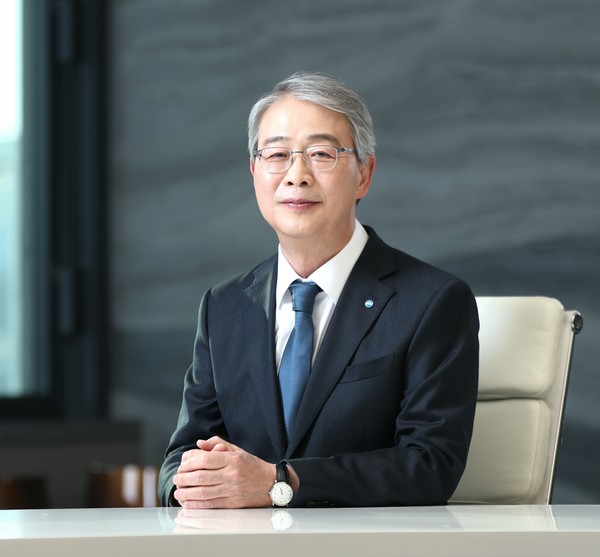In the process of overcoming the 1997 Asian Financial Crisis, Woori Bank received public funding and became a government bank in 1999. In 2016, when Lim Jong-ryong was in office as Chairman of the Financial Services Commission, he divided and sold the controlling shares held by the Korea Deposit Insurance Corporation to several institutions and created a structure in which the oligopolistic shareholders jointly control the bank.
The issue is that the management premium was forfeited. Hana Bank purchased Korea Exchange Bank at a price-to-book ratio (PBR) of roughly 0.9 times in early 2012. Woori Bank was sold at a PBR of roughly 0.4 times. Compared to Korea Exchange Bank, Woori was sold at a 55% discount.
We would not know if there was a secret deal between the former Financial Services Commission Chairman Lim Jong-ryong, who led the sale of Woori Bank, and the controlling shareholders. But given that Woori Bank was sold at a significant discount to the Korea Exchange Bank deal and Lim Jong-ryong was appointed as the chairman of Woori Financial, it does raise a few eyebrows.
Regardless, the fact that the former Financial Services Commission Chairman Lim Jong-ryong became the chairman of Woori Financial suggests that Woori Financial is not completely free from the influence of finance bureaucrats.
A financial institution that promotes merit-based promotion and compensation systems, where employees are rewarded for their skills and productivity, will likely perform better than the one that does not. But when the government bureaucrats parachuted into the leadership positions, the organization will likely become more political and the performance will take a back seat.
According to data submitted by the Financial Supervisory Service to the office of lawmaker Kang Min-guk on the 26th, nine financial accidents have occurred in four affiliates of Woori Financial since Chairman Lim took office. Looking at each affiliate, Woori Bank had the most cases with 5 cases. Next, there were 2 cases from Woori Card, 1 case from Woori Financial Capital, and 1 case from Woori Financial Savings Bank. By type of financial accident, fraud amounted to 11.594 billion won, embezzlement amounted to 259 million won, and other types accounted for 2.325 billion won.
Despite the numerous internal control failures, Woori Financial failed to implement the corrective measures. Which led to the embezzlement case of 18 billion won most recently. Even though a Woori Bank employee embezzled 18 billion won by forging documents and making false loans over a period of 10 months starting in July of last year, internal controls failed to prevent or detect the embezzlement for so long.

ordered strengthening internal control at the recently held ‘Group Management Strategy Workshop for the Second Half of 2024’. However, internal controls will not function properly unless the organizational culture is changed to a merit-based one.
The Woori Financial Group's union, who opposed Lim Jong-ryong's appointment as chairman, said, "Woori Financial is not a playground for Morfia old boys." The union seems to be aware that a merit-based organizational culture can only be established if Woori Bank escapes the influence of ‘Morfia.’ “Mofia” is the word Koreans use to describe a closed group of finance bureaucrats who have significant influence over financial institutions. Until the organizational culture changes, it would be difficult for Woori Financial to shed the ‘Worry Bank’ tag.

